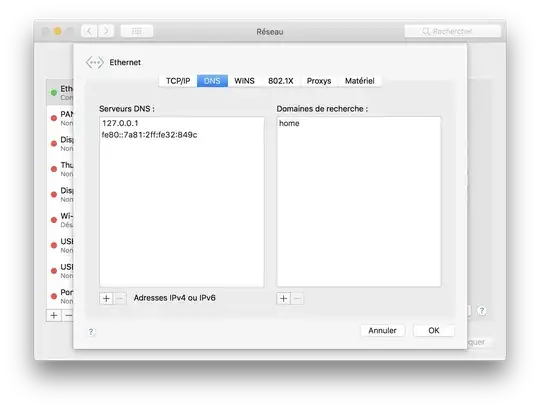Thank you tschundeee for what I consider to be the ultimate answer to this issue, wish I could just comment but here is the total configuration for those trying to accomplish the original goal (wildcards all pointing to same codebase -- install nothing, dev environment ie, XAMPP)
hosts file (add an entry)
file: /etc/hosts (non-windows)
127.0.0.1 example.local
httpd.conf configuration (enable vhosts)
file: /XAMPP/etc/httpd.conf
# Virtual hosts
Include etc/extra/httpd-vhosts.conf
httpd-vhosts.conf configuration
file: XAMPP/etc/extra/httpd-vhosts.conf
<VirtualHost *:80>
ServerAdmin admin@example.local
DocumentRoot "/path_to_XAMPP/htdocs"
ServerName example.local
ServerAlias *.example.local
# SetEnv APP_ENVIRONMENT development
# ErrorLog "logs/example.local-error_log"
# CustomLog "logs/example.local-access_log" common
</VirtualHost>
restart apache
create pac file:
save as whatever.pac wherever you want to and then load the file in the browser's network>proxy>auto_configuration settings (reload if you alter this)
function FindProxyForURL(url, host) {
if (shExpMatch(host, "*example.local")) {
return "PROXY example.local";
}
return "DIRECT";
}
